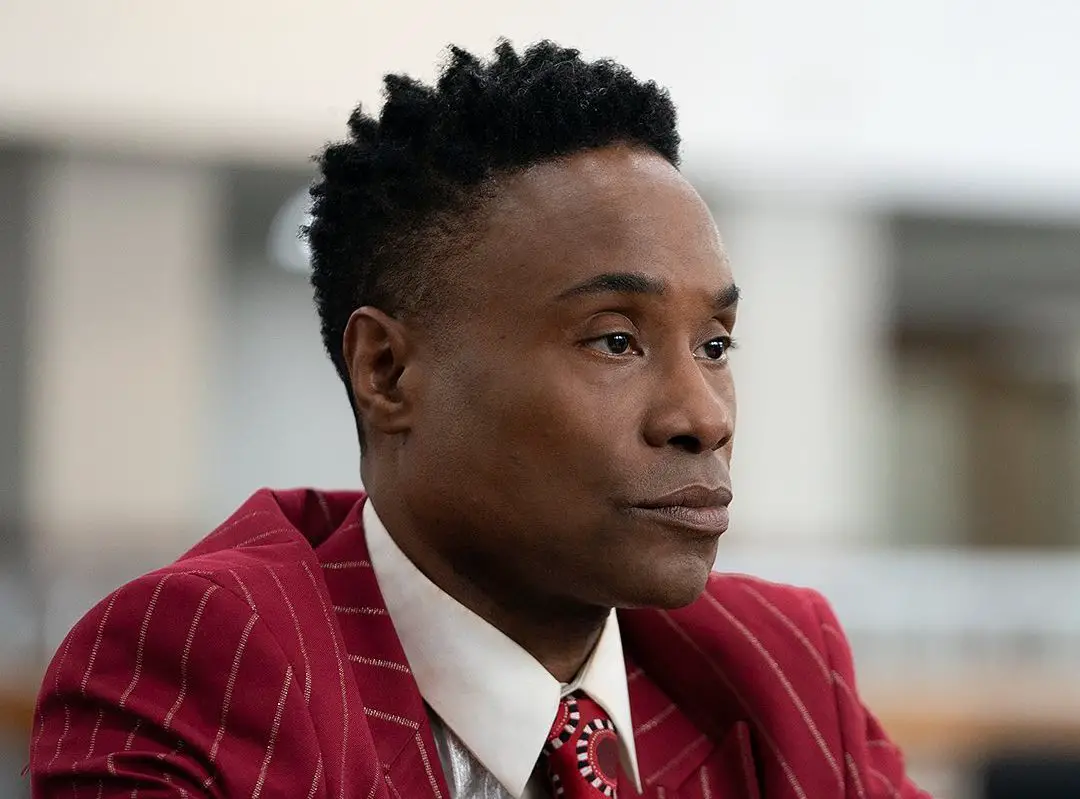One of FX’s most groundbreaking shows, “Pose,” is currently well into its second season, building on plots and stirring up new kinds of drama. Although there are still many episodes to go until the season finale, here’s what we can take away from this half of the second season so far.
“Pose” Season 2 brings back beloved characters from the first season. We’re now watching Blanca (MJ Rodriguez), Pray Tell (Billy Porter), Elektra (Dominique Jackson) and friends in 1990, two years after the setting of the first season. Many of the characters are in similar positions we last left them in, but things have immensely changed within the time jump.
“Vogue” by Madonna is on the rise, popularizing the dance moves that many of those who perform in balls already do. Blanca believes that this means ballroom culture will be catapulted into the mainstream and the community will finally get their chance to shine.
An opportunity arises when Damon (Ryan Jamaal Swain) and Ricky (Dyllón Burnside) find themselves scouted for a chance to perform on Madonna’s world tour. Although neither of them get the spot, the future seems bright for bringing the young queer people who originated voguing into the spotlight.
While there is optimism for the future of ballroom, the community itself has fallen on hard times. The national effects of HIV/AIDS have gotten worse, and it’s specifically taking a toll on queer people of color. Pray Tell and Nurse Judy (Sandra Bernhard) see each other at so many funerals that they don’t even seem phased when they find each other in the same situation time and time again. They even joke that the first person to visit 1,000 funerals gets a free toaster.
Hands down the heaviest episode of the season, and probably the entire series, came with “Never Knew Love Like This Before.” Candy (Angelica Ross) is killed by a so far unknown attacker and the local ballroom scene is shaken to its core. The entire episode is devastating and rightfully so. Trans women, especially trans women of color, are murdered at highly disproportionate rates.
As vibrant and fun as “Pose” feels, it’s important to focus on issues that the communities shown experience in real life. It’s definitely a hard pill to swallow when you’re just trying to enjoy the extravagance of the balls and the intricate reads, but many viewers appreciate the details that the crew puts in to make it accurate. After all, the show is set in a time that has passed, and it would frankly be irresponsible to write it off any differently.
While it’s necessary to talk about the hardships trans women of color face, many fans took issue with the way Episode 4 played out. Black trans women are murdered at severely higher rates than others, and some felt it was unnecessarily triggering to include the storyline when it is already their daily lived reality.
Fans on Twitter noted that while this is technically accurate, they didn’t want to see depressing, typical endings to stories like Candy’s. Many wish that characters who would otherwise meet an untimely death would find a better alternative instead of making it so true to real life that it was upsetting.
Doing a show like “Pose” can be very tricky. Representing transgender stories in a way that pays respects to the icons that lead the way without turning it into a traumatic reminder of the horrors that come with being marginalized is extremely difficult. There’s also the expectation for the show to have lots of drama, as it’s primarily marketed as that genre, which can leave room for unnecessary and confusing plotlines. While Candy’s death might have been a little more warranted in regards to representing real situations that trans women find themselves in, did we really have to watch Elektra’s strange quest to hide the body of her client in the closet?
Fans seem to be split on Candy’s murder and whether or not it was the right thing to include among so many other sad premises on the show. The rising threat of HIV/AIDS at this time and various other personal struggles the characters deal with seemed to be enough without throwing a traumatic death into the mix. Early on, Blanca is told that her diagnosis has progressed from being HIV positive to AIDS. Pray Tell is still battling HIV and the multitude of death in his community. Doesn’t that alone warrant enough emotional turmoil to fuel an entire season of a TV show?
“Pose” Season 2 has proved to be a little rocky in regards to the heavier emotional situations. But the relatively toned down subplots, such as Angel’s (Indya Moore) blossoming modelling career, Damon and Ricky’s rollercoaster of a relationship, the playful tension between the houses, are very much in the vein of classic, fun-loving “Pose.”
After all, the entire point of houses and ballroom culture is to escape from reality and find your people, which is what many wish the show would do more of. Since it’s only halfway through the season, “Pose” still has the capacity to potentially heal the damage it caused to some of its plotlines and breathe some life back into the lighthearted parts of it.
Overall, the second season of the instant FX classic can open the eyes of its viewers who might not be aware of the issues that many of the characters face. Even if the production staff misses the mark sometimes, the value of learning something about such a huge yet relatively secretive part of the past is immense.
Regardless of what you think about this season so far, there are still essential and teachable moments sprinkled into some of the parts that fall flat. Knowing the show, fans can be sure to expect plenty of exhilarating drama and stunts as Season 2 comes to a close, as well as moments that tug at the heartstrings. Even if the finale doesn’t stun as much as Season 1, fans can still look forward to the promise of a third season — where there hopefully isn’t quite as much unnecessary trauma.
















